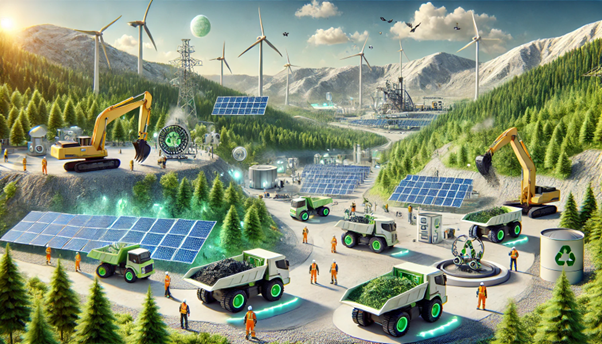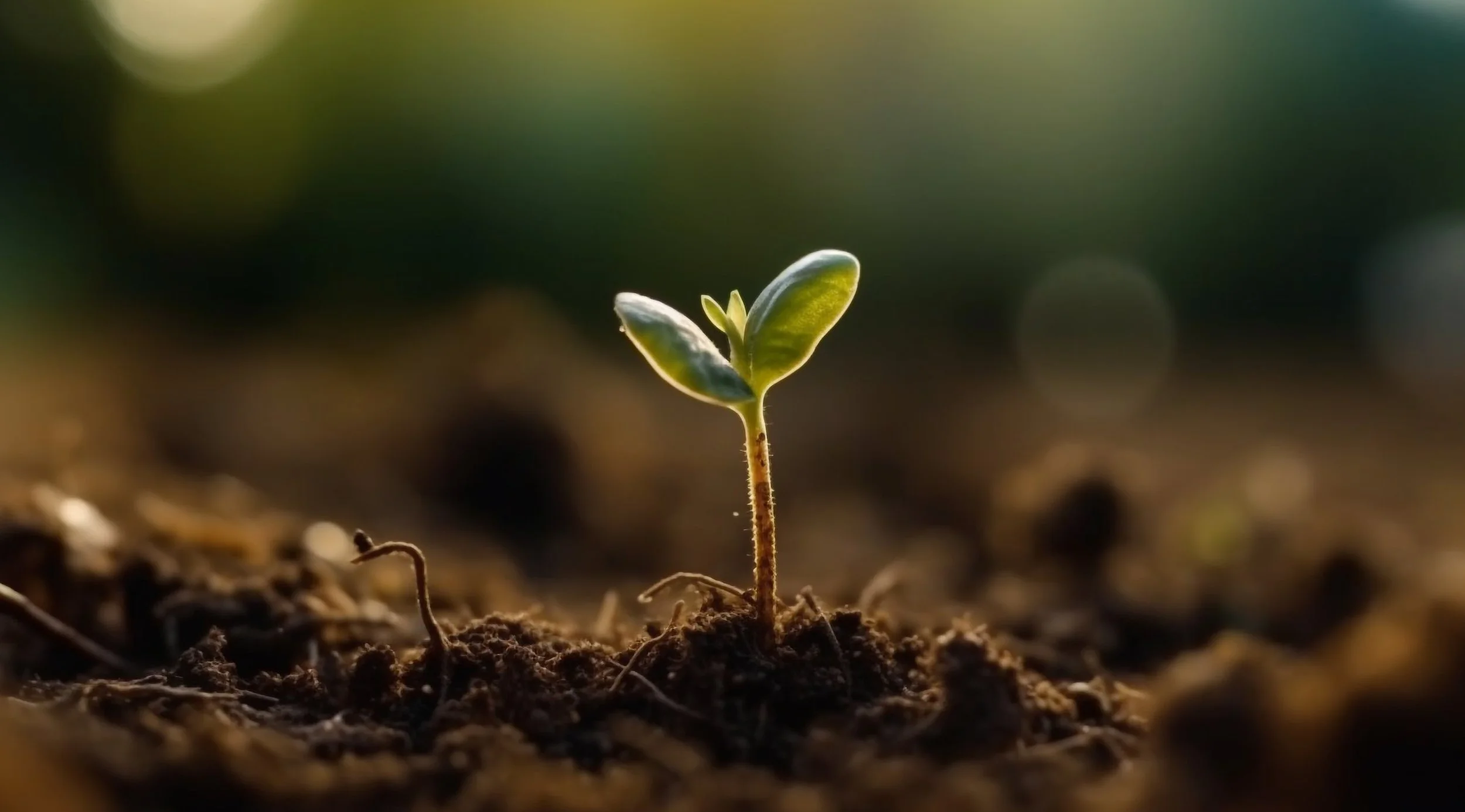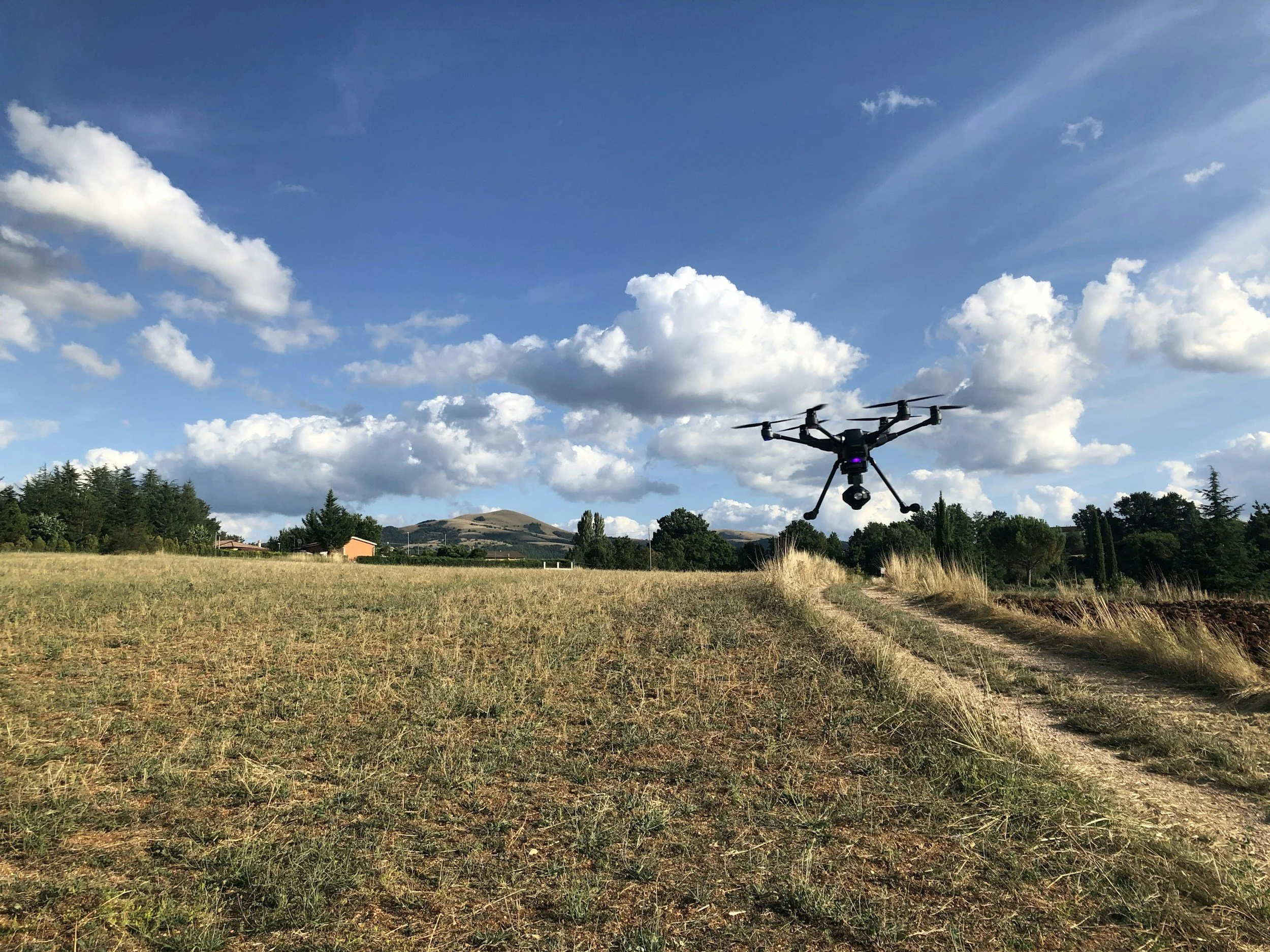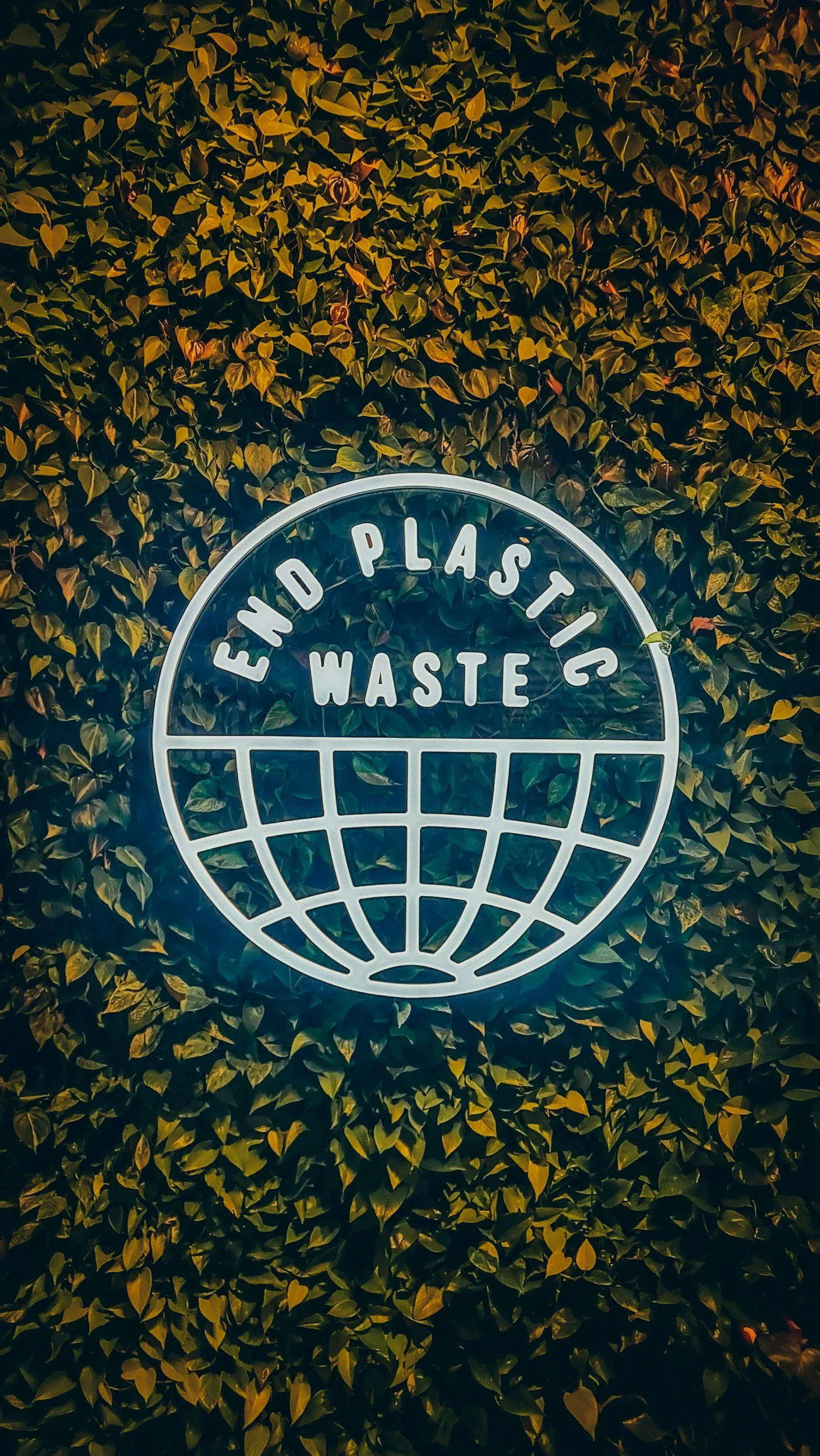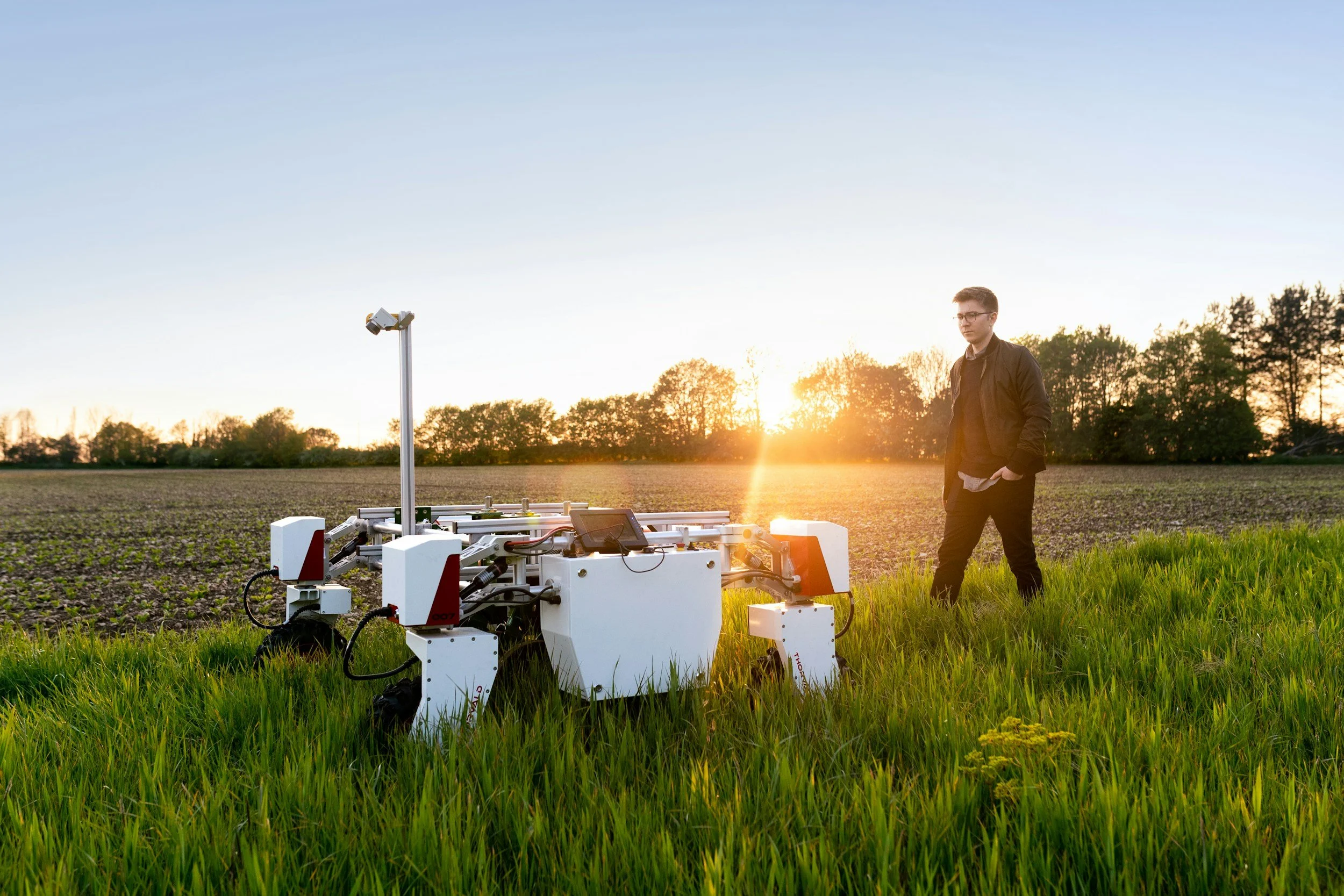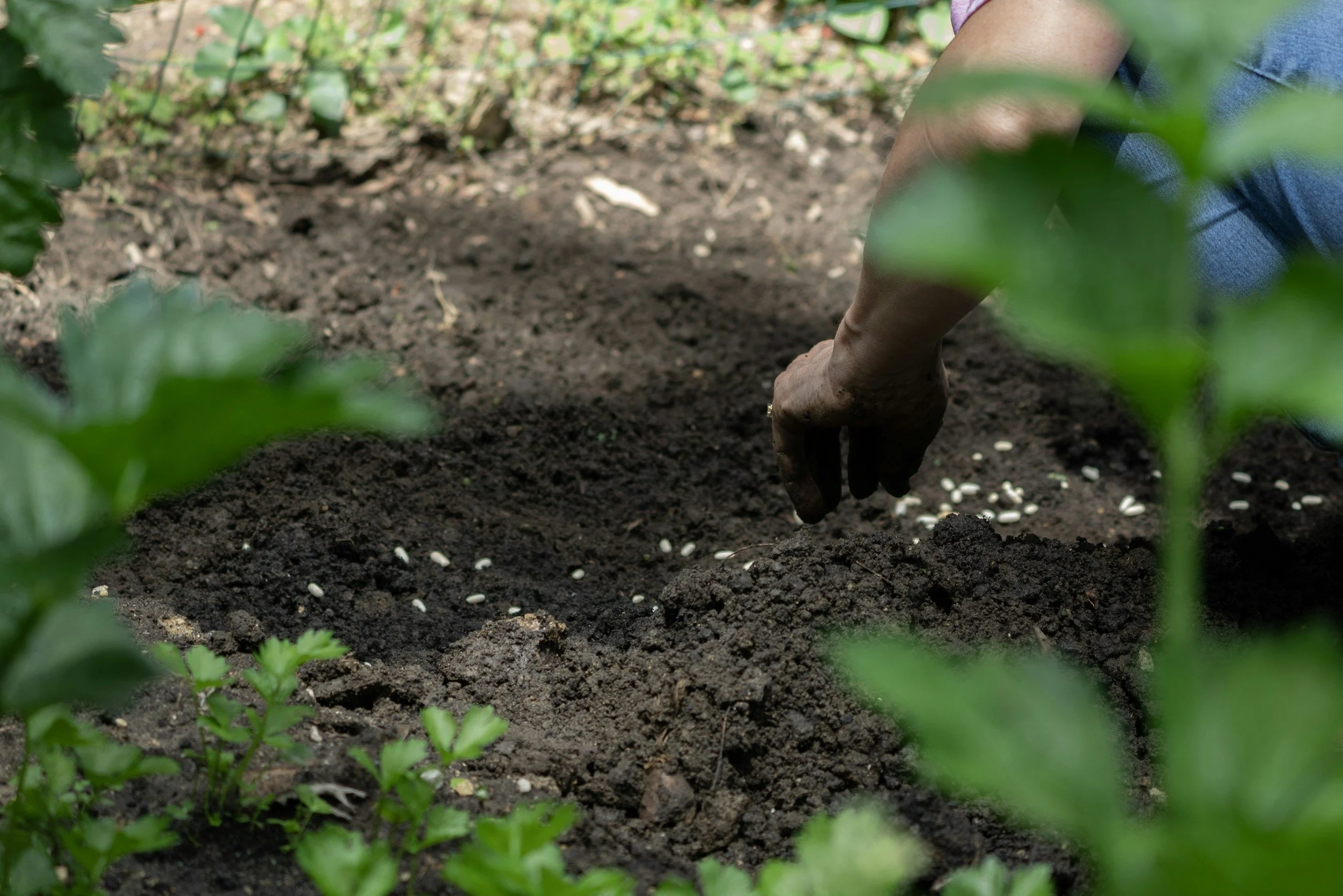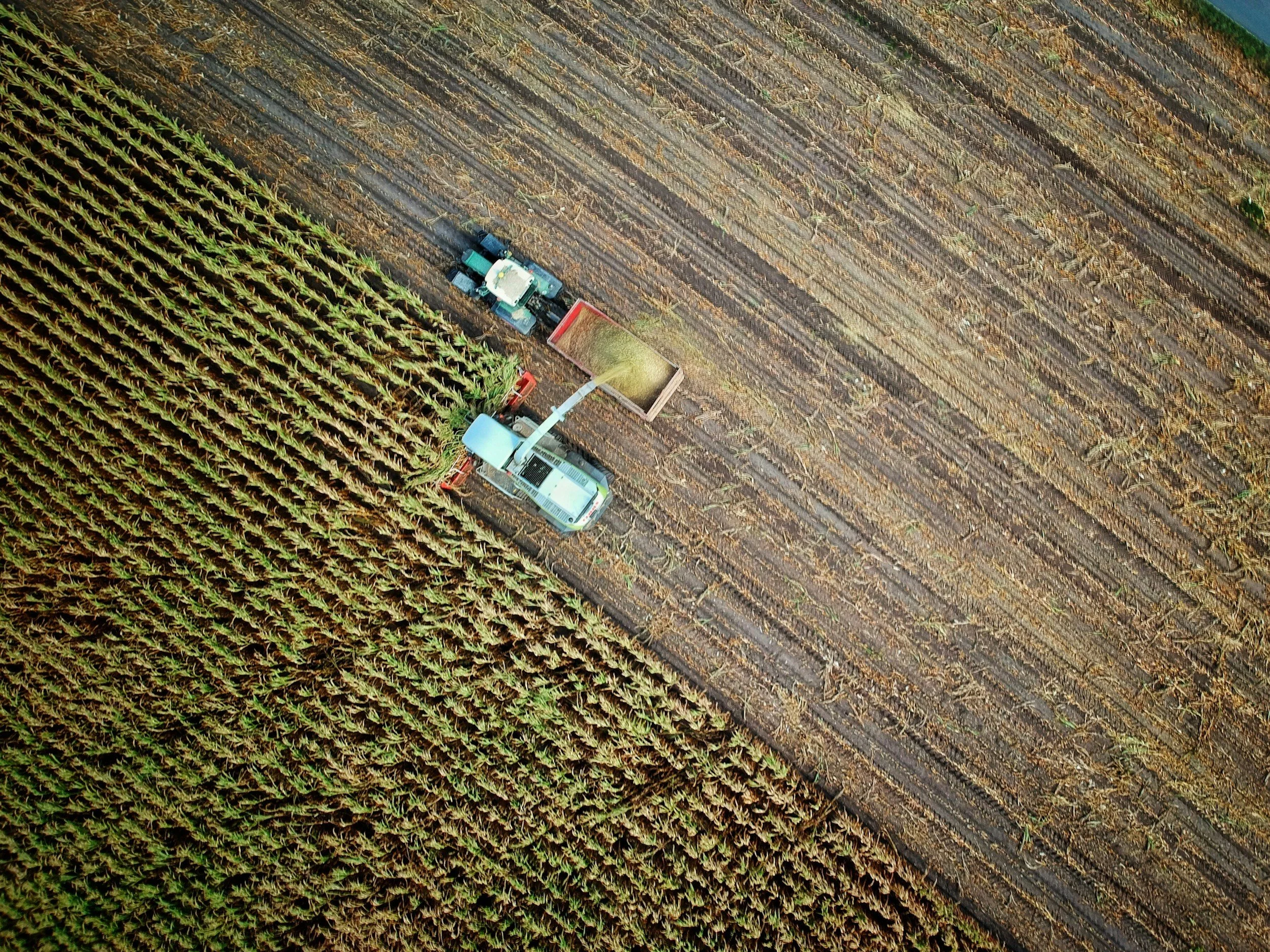5 Fall Garden Chores You Should Skip (and What to Do Instead)
/As the leaves fall and the air cools, many of us rush to “tidy up” our gardens before winter. We rake and bag leaves, cut back or pull plants, and erase almost every sign of summer growth before the cold season sets in. But here’s the truth: a perfectly clean garden isn’t necessarily a healthy one, and some of that cleanup is doing more harm than good. In fact, many fall gardening chores that seem helpful actually disrupt the delicate balance of your soil, remove crucial pollinator habitats, and make more work for you come spring.
Read More








